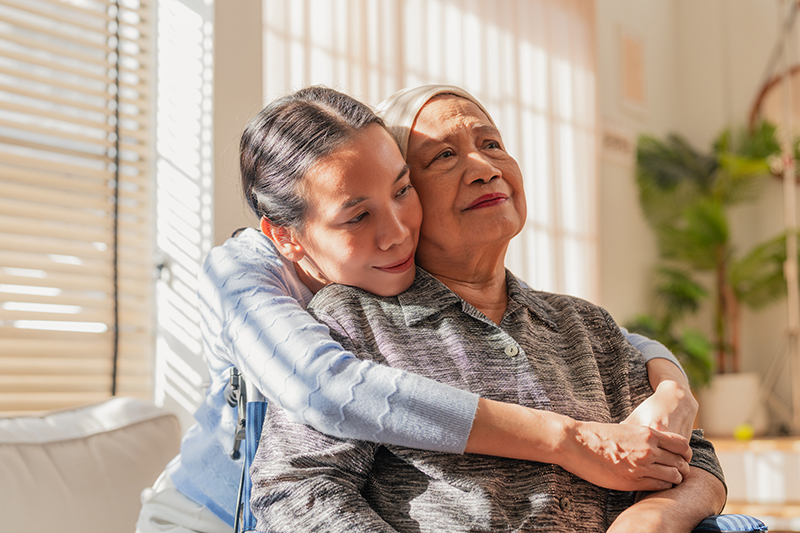5 Important Things You Need to Know About Cancer Care
Cancer doesn’t arrive politely. It interrupts. Sometimes with a bang: an urgent scan, a hospital visit, a word no one was ready to hear. Other times it’s quieter. A few nagging symptoms that build slowly until the pattern becomes clear. But regardless of how it begins, one thing is always true: cancer changes life for the person who’s diagnosed as well as those providing cancer care.
If someone you love is fighting cancer, you may already be stepping into a caregiving role without even calling it that. You’re showing up to appointments, preparing meals they can tolerate, and offering quiet support during the hardest moments. But cancer care is more than a to-do list. It’s an emotional, physical, and mental marathon.
Here’s what many people don’t realize until they’re right in the thick of it.
Routines Will Shift…and Keep Shifting.
No two days look the same. One day might include a good breakfast and a walk around the block. The next may be marked by nausea, fatigue, or brain fog that makes even small tasks difficult. It’s normal to feel frustrated by the unpredictability, but adaptability becomes one of your most important tools.
Try creating flexible routines. Instead of rigid schedules, allow room for rest and recovery. Look for patterns, but hold them loosely. Some consistency can be comforting, but so can the freedom to take things one moment at a time.
You’ll Learn a Lot. Fast.
The amount of information that comes with a cancer diagnosis can be overwhelming. Medications, treatment options, side effects, follow-up instructions, new specialists…it’s a lot to absorb, and even more to manage. You might find yourself juggling not just appointments, but paperwork, insurance details, and lab results.
Don’t be afraid to ask the same question more than once. Take notes. Create a folder or binder to keep things organized. And remember, being a good caregiver doesn’t mean having all the answers; it means knowing how to find the information you need when it matters most.
Emotions Can Be Unpredictable: Theirs and Yours.
Cancer stirs up emotions that can change by the hour. The person you’re caring for might seem withdrawn, short-tempered, or distant. You might feel guilt, fear, sadness, or even resentment, sometimes all in the same afternoon.
That’s normal. It doesn’t make you a bad caregiver; it makes you human. Give yourself permission to feel your feelings without judgment. And when you’re ready, talk to someone—a friend, a counselor, a support group—who understands.
Isolation Can Sneak Up on You.
Caregiving often means putting your own needs on hold. Maybe you’ve had to cancel plans, skip events, or miss sleep. Over time, it can lead to a sense of disconnection from the world outside cancer care.
Try to build in small moments of reconnection: a quick call with a friend, a few minutes with a good book, or a short walk alone. These little breaks can make a big difference in your emotional well-being. And if friends or family offer help, say yes.
You’ll Take on More Than One Role.
Being a caregiver means wearing many hats: medical interpreter, cook, housekeeper, emotional anchor. And while it can be exhausting, your presence means more than anything else you do. You’re a steady hand in the midst of chaos. A source of calm when things feel overwhelming.
Even if it doesn’t always get said out loud, what you’re doing matters. Deeply.
We Understand the Weight You’re Carrying
At CareWorks Health Services, we know how layered and complex cancer care can be. We offer compassionate, personalized in-home support for families facing cancer in Huntington Beach, Mission Viejo, Newport Beach, and throughout Orange County. Whether it’s help with everyday tasks, respite time for you, or simply another steady presence in the home, we’re here to walk alongside you.
Call (949) 859-4700 to learn more about how we can help lighten the load and provide the support you need.
